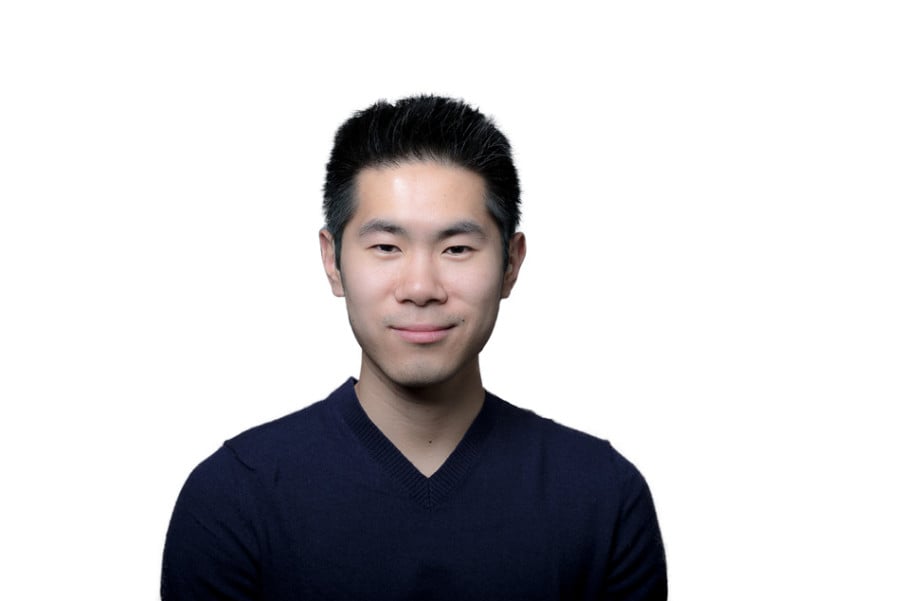Chou: Graduate with an open mind
May 28, 2015
As the sun rises each morning, steadily marking the daily march toward my last Dillo Day, I am constantly reminded of the dwindling time I have left at Northwestern. As I shuffle through my morning routine, a familiar mix of fear, confusion and excitement washes over me. The period of time after graduation is an era of uncertainty. There is so much “different,” namely in the people that we will be surrounded with. These differences, even those that might clash or those that might seem wrong, should be embraced and challenged. For only through challenging ourselves can we become better.
Even though I have only written for The Daily for one year, I have always felt strongly about understanding and accepting the innumerably different ideas found in others, which sounds ironic because as an opinion writer, I was tasked with espousing a particular point of view. I often attempted to attribute my position with the gravity that it deserves and have tried to offer a less accepted view, or at least one that might rile up readers. Undoubtedly I greatly appreciate all of the alumni who took the time to read my columns and then email me their compliments throughout the year, but I was happiest when someone told me they disagreed.
I believe strongly in the importance and the sanctity of a diverse marketplace of ideas. Those who know me understand this part of my character. I abhor political correctness and fume when academics are disciplined for inflammatory, but legal, statements. I have written before on this topic and it seems only fitting that with the last space available to me in The Daily Northwestern, I should again tackle the issue that I believe will eventually come to define modern culture. It is already testing our definitions of “freedom.” But more importantly, it will inform the progress we make as individuals and also as a society.
As we matured from puberty-stricken teenagers to young adults in high school, we were finally afforded the freedom to start solidifying and informing our own worldviews separate from those of our parents. Stepping onto the windy campus of a prestigious institution of higher learning at Northwestern was supposed to challenge our assumptions about society and culture by exposing us to new ideas or new ways of thinking. That might have happened, it might have not. Some of us reassessed our young thoughts and modified them. Others might have looked at themselves and felt that they were happy where they stood. Neither is more wrong or more right.
But what is wrong, and should be kept in the back of our minds as we journey from a school campus to a world that is millions of times larger, is the assumption that there is only one point of view that is the right one or at least worthy of legitimate discourse. Think about it. There are more than 7 billion people on the planet, and every single one is capable of contributing new ideas and new concepts to the world. It would not only be a shock, but a travesty if every single person had the same set of morals. What if we were wrong? If we were all the same or if we silenced all dissenting opinions, how many chances for progress might we miss? Similar to the way that genetic diversity is the key to evolution, diversity of opinion is the key to societal progress. After all, once upon a time many things that are considered “wrong” today were “right”.
So here is a task for you. When confronted with an idea that might seem at odds with yours, just listen. Consider the possibility that you might be wrong. If you are a strong advocate of pro-choice, consider that those who are anti-abortionists might have a point. If you are an opponent of the death penalty, try to understand where its proponents are coming from. Similarly gun-rights activists should be ready to recognize the concerns of gun regulators.
Too often, we choose to dehumanize or cast aside those who think differently, using catch-all labels such as bigots and misandrists. And too often, we let those labels define the entirety of that person.
Change is hard, especially when it comes to our own dearly held beliefs. It’s not supposed to be easy, or none of us would have a stable identity and there would be no defined culture. Values and ideas survive because often times, for whatever reason, they work. I am not even asking you to change. All I am asking you to do is to listen, really listen with an open mind, to the differing sentiments of others. As graduates of NU, we owe the world our best selves. For that, the learning never stops. And who knows? We might discover that we were wrong all along.
Curtis Chou is a Communication senior. He can be reached at [email protected]. If you want to respond publicly to this column, send a Letter to the Editor to [email protected].


